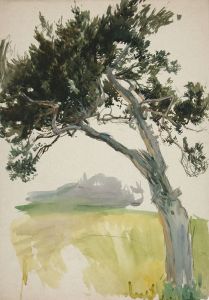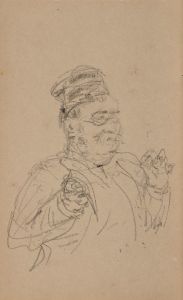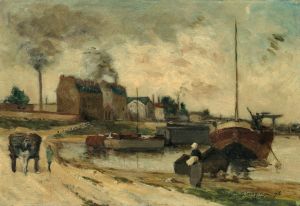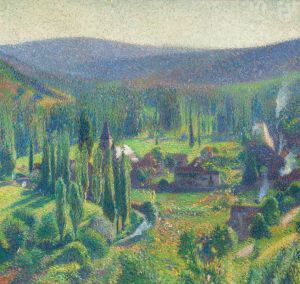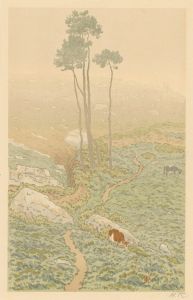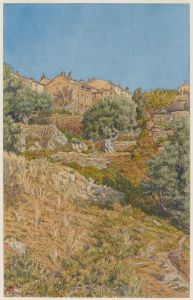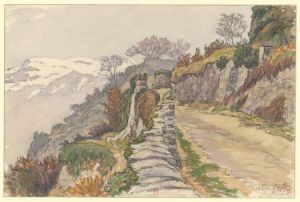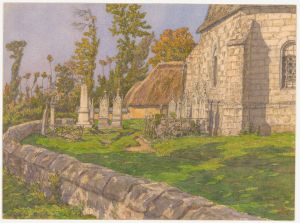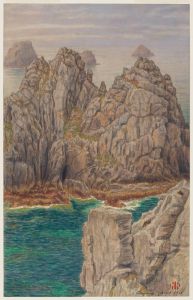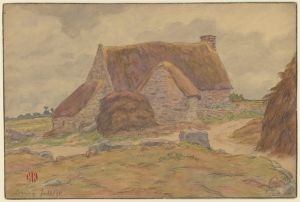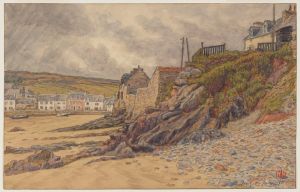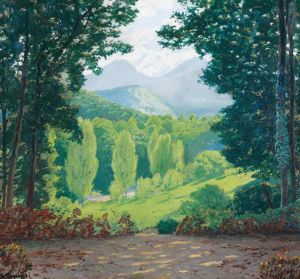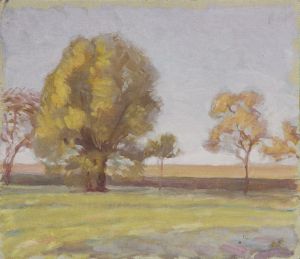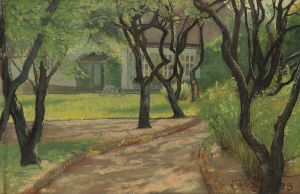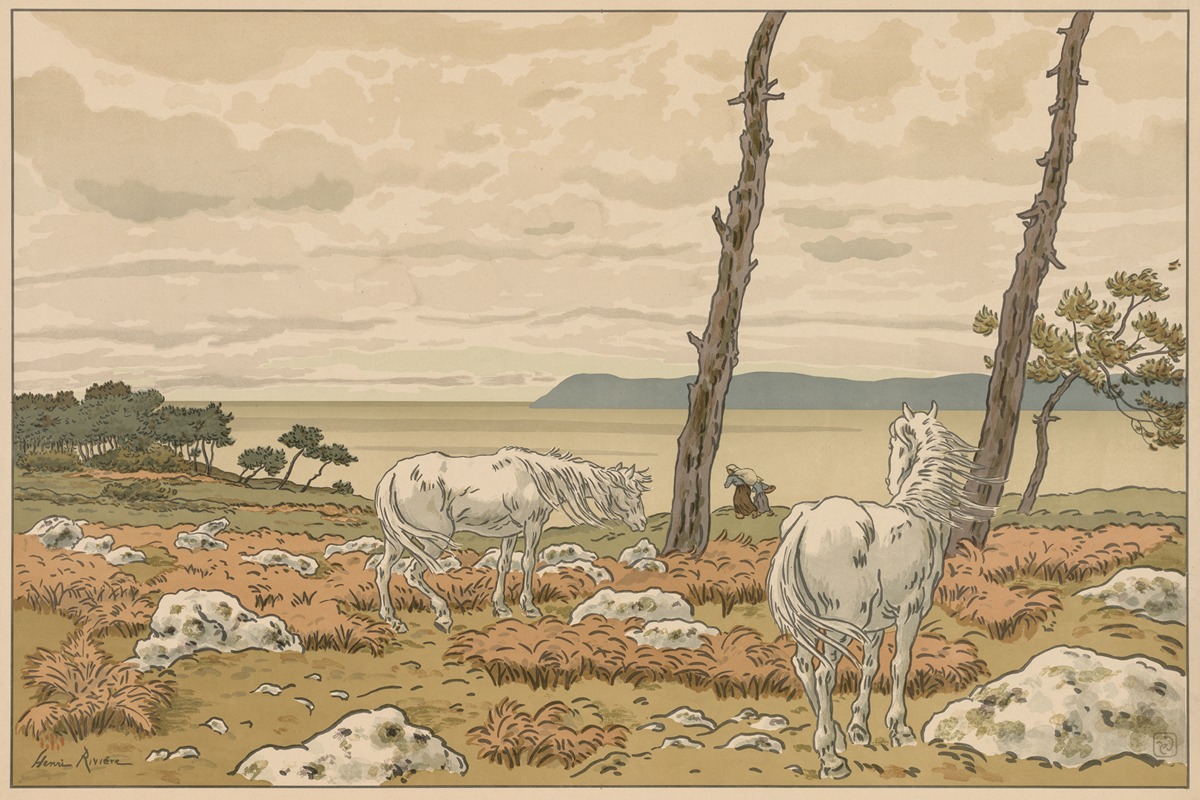
Aspects of Nature; The Bay
A hand-painted replica of Henri Rivière’s masterpiece Aspects of Nature; The Bay, meticulously crafted by professional artists to capture the true essence of the original. Each piece is created with museum-quality canvas and rare mineral pigments, carefully painted by experienced artists with delicate brushstrokes and rich, layered colors to perfectly recreate the texture of the original artwork. Unlike machine-printed reproductions, this hand-painted version brings the painting to life, infused with the artist’s emotions and skill in every stroke. Whether for personal collection or home decoration, it instantly elevates the artistic atmosphere of any space.
Henri Rivière (1864–1951) was a French artist and printmaker known for his contributions to the revival of color woodblock printing in the late 19th and early 20th centuries. He was heavily influenced by Japanese ukiyo-e prints, particularly the works of Hokusai and Hiroshige, and he adapted these techniques to create works that captured the landscapes and culture of France. Rivière's art often focused on natural scenes, and he is best known for his series of prints that depict the French countryside and coastal regions.
One of Rivière's notable works is "Aspects of Nature; The Bay," which is part of his broader series exploring the natural beauty of France. This piece reflects his characteristic style, combining the flat planes of color and bold lines typical of Japanese woodblock prints with a distinctly European sensibility. The work captures a serene view of a bay, with careful attention to the interplay of light, water, and land. Rivière's use of color and composition creates a harmonious and tranquil scene, emphasizing the natural beauty of the landscape.
Rivière's works were created during a period when Japonisme—a fascination with Japanese art and aesthetics—was highly influential in Europe. He adopted the techniques of Japanese woodblock printing but adapted them to lithography, a medium that allowed him to achieve similar effects while working within the technological constraints of his time. His innovative approach helped to popularize Japanese-inspired aesthetics in Western art and contributed to the development of modern printmaking.
"Aspects of Nature; The Bay" exemplifies Rivière's ability to merge traditional Japanese techniques with his own artistic vision. The piece is celebrated for its simplicity, elegance, and ability to evoke a sense of place. It remains an important example of the cross-cultural exchange that shaped art during the late 19th and early 20th centuries.
Henri Rivière's works, including "Aspects of Nature; The Bay," are held in various museum collections and continue to be studied and appreciated for their artistic and historical significance. His contributions to printmaking and his role in the Japonisme movement have secured his place as a significant figure in the history of art.





